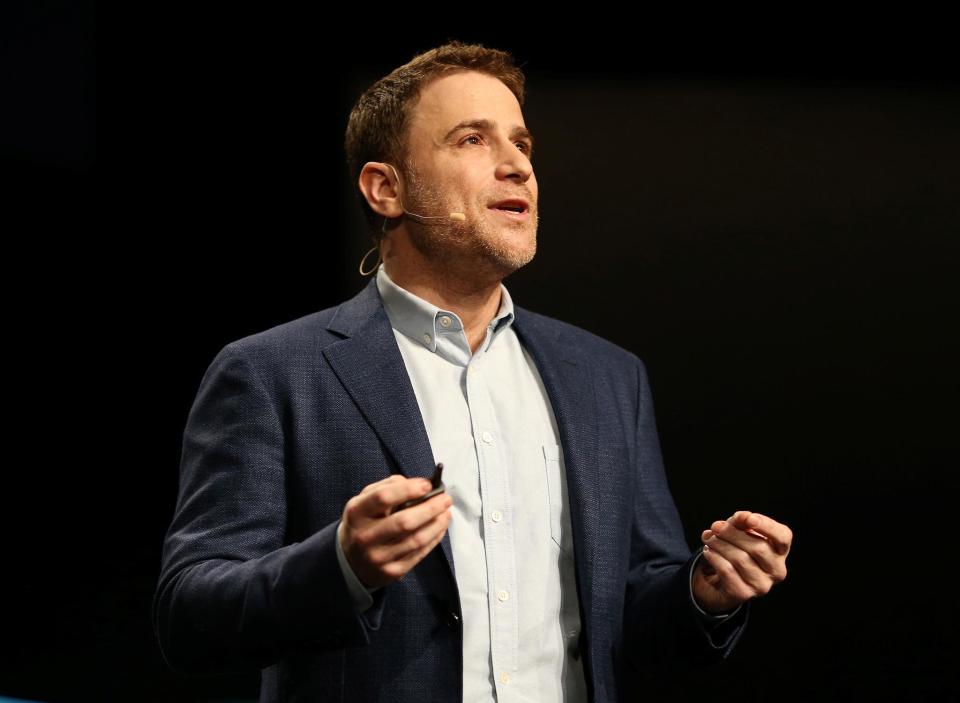Silicon Valley billionaire Stewart Butterfield voices support for universal basic income

Billionaire Silicon Valley bosses are fast becoming a key source of support for the idea of a universal basic income.
Mark Zuckerberg and friends are unlikely to ever have to rely on free, no-strings-attached money from the state in order to make ends meet, but the telephone number salaries that their companies dole out have, paradoxically, brought the idea to the fore.
Vast pay packets have caused the price of basic necessities such as housing in the Greater San Francisco area to skyrocket, meaning many people with “ordinary” jobs are struggling to afford to live.
Now Slack chief executive Stewart Butterfield has thrown his weight behind the basic income movement, joining such illustrious company as Bill Gates, Tesla boss Elon Musk, and Y Combinator president Sam Altman.
“Doesn't have to be much, but giving people even a very small safety net would unlock a huge amount of entrepreneurialism,” Mr Butterfield tweeted recently.
Doesn't have to be much, but giving people even a very small safety net would unlock a huge amount of entrepreneurialism.
— Stewart Butterfield (@stewart) August 4, 2017
He went on to suggest that the billions spent on university education around the world each year would be put to better use if given directly to individuals as a an unconditional payment.
If choosing between free healthcare, free university tuition and a basic income, the Canadian wrote that, “college seems the least important by a factor of 10”.
Who said instead? 🙃 (Though, of the three, free college seems the least important by a factor of 10.)
— Stewart Butterfield (@stewart) August 4, 2017
He added: “Plenty of people are happy and successful without any college, whereas all dead people are just dead”.
Billionaire tech entrepreneurs have been particularly attracted to the idea of universal basic income, seeming keenly aware that the success they have enjoyed has resulted partly from having the time in which to think and be creative, free from the imperative to make money.
Mr Zuckerberg, who invented Facebook in his dormitory at Harvard before dropping out, put forward his vision for a new economy based on universal basic income to an audience at his alma mater in March.
A basic income would be part of a “new social contract for our generation” he said.
“We should have a society that measures progress not just by economic metrics like GDP, but by how many of us have a role we find meaningful.”
“We should explore ideas like universal basic income to give everyone a cushion to try new things.”

 Yahoo Finance
Yahoo Finance 